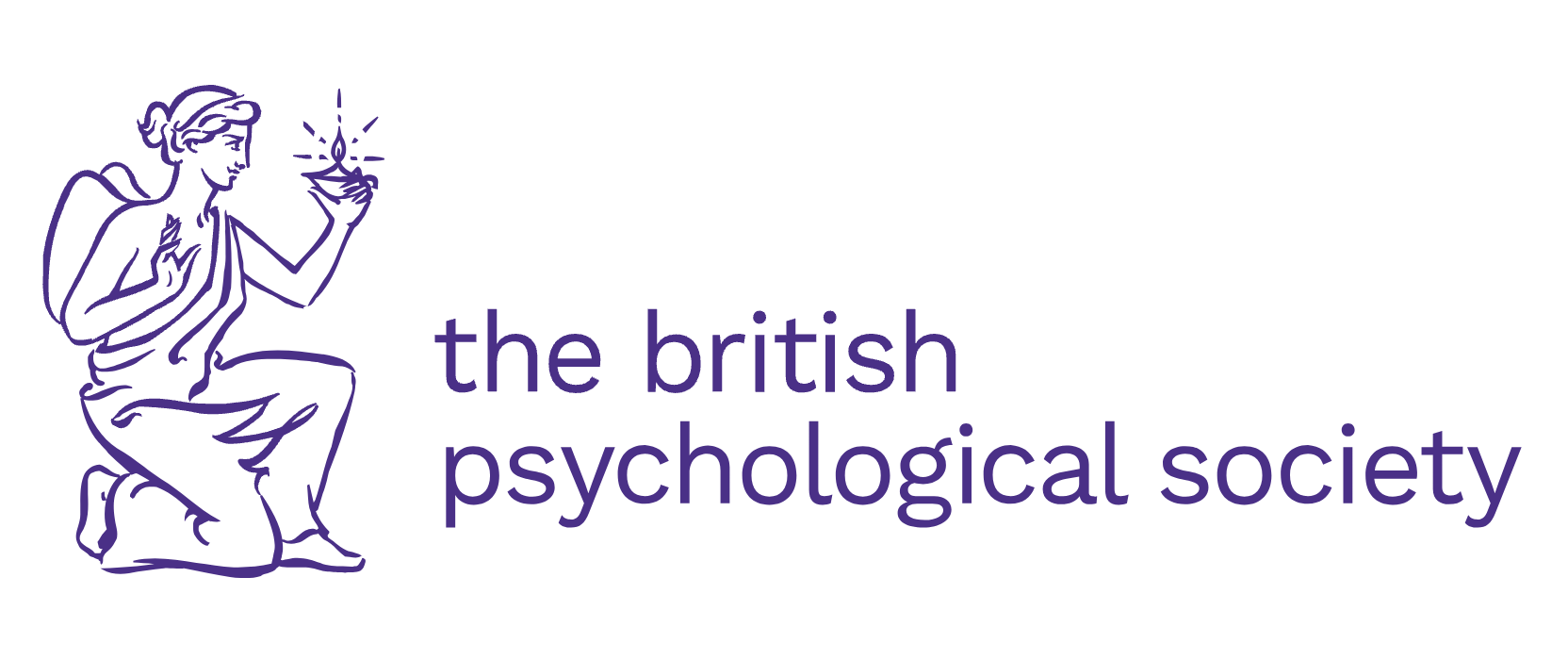Our BSc (Hons) Psychology and Criminology degree course is taught by a dedicated teaching team who were recruited specifically to develop and teach this programme. The course draws upon the established expertise of the IoPPN and DPSoL, and a wide range of world-leading academics, researchers and practitioners across King’s. The course examines psychology and criminology from a number of different angles, both individually and holistically, from neuroscience to the social sciences, to provide you with knowledge across a variety of approaches to the real-world application of psychological science and criminology.
Designed to reflect the role of psychology and criminology in interdisciplinary research, the course asks you to apply insights from this research to a variety of contemporary problems. You will be required to develop your analytic, critical thinking, and problem-solving skills along with your core content knowledge.
We will use a delivery method that will ensure students have a rich, exciting experience from the start. Face to face teaching will be complemented and supported with innovative technology so that students also experience elements of digital learning and assessment.


